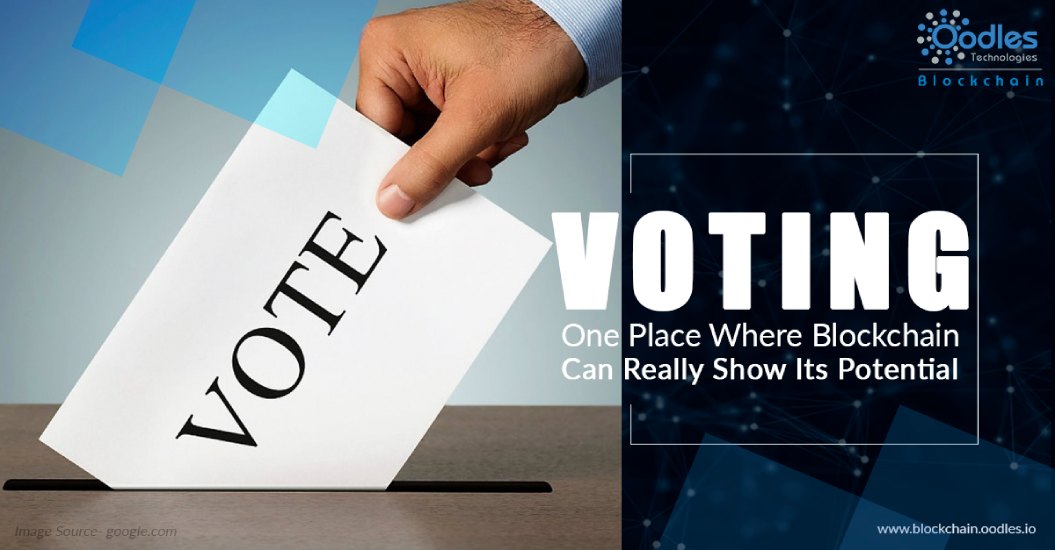-
Blockchain is one of the top trends to keep a focus on in 2018. From the world's top banks to the latest niche startups, DLT (distributed ledger technology) has become one of the front burners as numerous companies plan their strategies to race ahead of their competitors. The next is a blockchain for voting. In this article, we have shed light on the voting aspects that can be influenced by blockchain technology.
Blockchain technology may have been hype merely 12 months ago, but currently is in headline news. 2017 has seen significant Blockchain transitions. The last year has experienced the blockchain uses expanding beyond Bitcoin and entering into a diverse range of industries. Now, investors and innovators have started seeing the endless potential of distributed ledger technology (DLT) to enhance, transform, and disrupt markets as diverse as automation and food production.
Blockchain for Voting
Elections have always been subject to under-participation. Especially voting has been subject to voter fraud globally. Today, less than half of the genuine voters turn out to the polls. It could leave us wondering how election outcomes could vary amazingly if people's apt consensus can be reflected.
While concerning, hot issues magnify voter turnout, irregularities in vote counting lower voters' confidence in "the system."
In fact, online voting is in use in approx. 23 countries to prevail over the shortcoming of paper ballot systems. However, this, as well, has become vulnerable to both technical issues and frauds.
Blockchain may prove to be the fix (solution) that governments and their citizenry have been looking for to enhance voting. It's because many experts think that DLT offers the four most prominent features every voting system requires, namely: Security, Transparency, Accessibility, and Auditability.
The blockchain technology's features like security and immutability make it almost impossible for anyone to cast an illegal or fraudulent vote, or to make alterations once it's filed.
Since more and more people own computers or cellphones, a blockchain-based online voting system can make it easier for the majority of eligible voters to cast their votes.
Indeed, every "record" entered into a blockchain network gets a date and time stamp, as well as, a cryptographic hash of the previous block, making auditing quick and automatic.
With countries and governments exploring distributed ledger technology, we may see an increased implication of Blockchain for voting.
How do Oodles' Blockchain Solutions help?
2018 holds immense exciting opportunities for blockchain technology and blockchain development companies. But to succeed in this emerging landscape will not be easy. Having a complete understanding of DLT, mobile technology, and coherent regulatory compliance is essential.
If incorporating blockchain technology is part of your 2018 plan, Oodles Technologies invites you to reach us for a free-of-cost, confidential review of your projects. We are experts in creating robust blockchain apps, as well as mobile app development, and cloud technology. We have two R&D labs to research and serve outsourced development requirements.

Our Offices
INDIA
Emaar Digital Greens, Sector 61,
Gurugram, Haryana
122011.
Welldone Tech Park,
Sector 48, Sohna road,
Gurugram, Haryana
122018.














